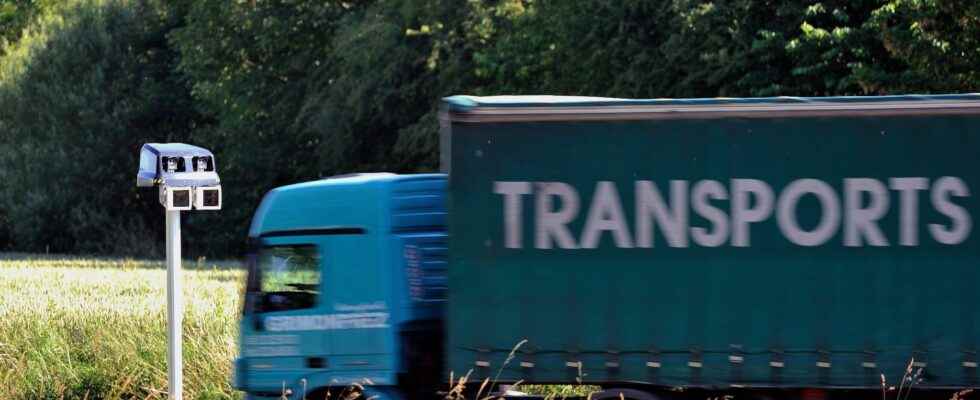The drivers are nice. They are now under surveillance. In the United States, they constitute both a key profession for the economy of a gigantic territory and a singular caste whose history nourishes a certain mythology of freedom. Now that the truckers and their trucks are connected, the leeway, which was part of the salt of these trades, is reduced to a bare minimum. Now subordinate to algorithms and sensors, drivers are no longer “knights of the highway” or “cowboys of the asphalt”, as they liked to call themselves. They are numerically dependent on their machine, their employer (if they are employees) and their customers (if they are self-employed). Men and vehicles are spied on, and their data analyzed, sometimes in real time. It follows a maximum pressure to performance.
Control of mobility and control of privacy are legitimized in the name of productivity (it is necessary to optimize journeys) and safety (care must be taken not to get too tired at the wheel). The law has long sought to protect the worker by prohibiting him from working too much and risking an accident. The road world is now affected by a “proliferation of monitoring technologies” that measure routes, timings, braking, stops, temperatures, communications and even brain waves.
Sociologist at Cornell University, Karen Levy immersed herself in this universe in the process of digital transition. Ethnographing drivers’ cabins, analyzing their resistance to dehumanizing management and dissecting legislation, she underlines the dangers of electronic influence. The new instruments do not seem to have a noticeable impact on accidents. On the other hand, they question privacy, flexibility and dignity. The drivers resist with hammer blows on the black boxes, by tinkering and by collective mobilization.
In the future, it is not necessarily full automation that is looming, with the replacement of humans by robots. Levy envisions ever more powerful artificial intelligence at the service of ever more intrusive control. Leaving her truckers, she draws more general conclusions about data management, observing that more data often leads to more interpersonal distrust and disinvestment at work. It ultimately insists on what everyone can observe: the digital bureaucratization of all our activities.
Karen Levy, Data Driven: Truckers, Technology, and the New Workplace SurveillancePrinceton University Press, 2022, 240 pages.
Three stars
